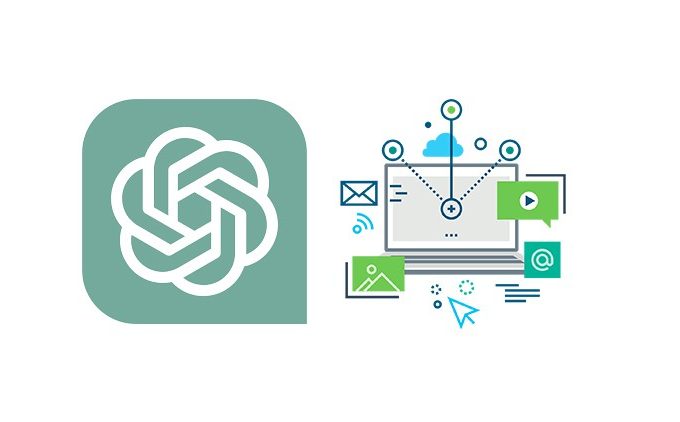Here’s What You Need to Know About Web3 & Why it Matters:


In the realm of the digital world, we are standing at the precipice of a new era, an era defined by Web3. This innovative iteration of the internet promises to revolutionize the way we interact with data, ownership, and privacy online. To understand why Web3 matters, let’s delve into its core principles and potential implications.


Understanding Web3:


Web3 is a concept that envisions a decentralized internet, where control and ownership are distributed among users rather than centralized entities. It aims to address some of the challenges faced in the current Web2 landscape, such as data privacy concerns, censorship, and the dominance of a few large corporations.
Key Elements of Web3:
Decentralization: Web3 is founded on the principle of decentralization, meaning that it is not controlled by a single entity. This is in stark contrast to the current Web2 landscape, where a few powerful corporations hold significant influence and control over data and platforms.
Blockchain Technology: Blockchain, a distributed ledger system, plays a crucial role in Web3. It provides a secure and transparent way to record transactions, ensuring the integrity of data and enabling trust among users.
Cryptocurrencies: Cryptocurrencies, such as Bitcoin and Ethereum, are native to Web3. They serve as both mediums of exchange and store of value, enabling users to conduct peer-to-peer transactions without the need for intermediaries.
Non-Fungible Tokens (NFTs): NFTs are unique digital assets that represent ownership of items such as art, music, and videos. They allow creators to monetize their work and establish scarcity in the digital realm.
Smart Contracts: Smart contracts are self-executing contracts stored on the blockchain. They facilitate agreements between parties without requiring intermediaries, reducing the need for trust and lowering transaction costs.
Why Web3 Matters:
Empowering Users: Web3 empowers individuals by giving them more control over their data, digital assets, and online interactions. It reduces reliance on centralized platforms and allows users to own and manage their digital identities and assets.
Enhancing Privacy and Security: By leveraging blockchain technology, Web3 offers enhanced privacy and security. Transactions are recorded on a secure, distributed ledger, making them tamper-proof and immutable. This reduces the risk of data breaches and provides greater transparency.
Promoting Innovation and Entrepreneurship: Web3 opens doors to new possibilities for innovation and entrepreneurship. Developers can build decentralized applications (dApps), free from the constraints of centralized platforms. This fosters a more open and competitive marketplace, encouraging innovation and entrepreneurship.
Creating New Economic Opportunities: The rise of Web3 introduces new economic opportunities for creators, entrepreneurs, and investors. NFTs have created a new market for digital assets, while decentralized finance (DeFi) platforms offer alternative financial services. This expansion of the digital economy has the potential to create wealth and opportunities for a broader range of participants.
Challenges and Future of Web3:
While Web3 holds immense promise, it also faces challenges. These include scalability, user experience, and regulatory uncertainty. However, as the technology continues to evolve and mature, these challenges are being actively addressed. The future of Web3 is promising, with the potential to transform industries and reshape the way we interact with the internet, creating a more decentralized, secure, and empowering digital world.




